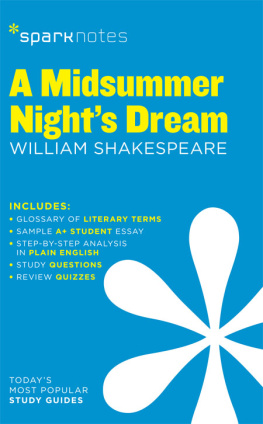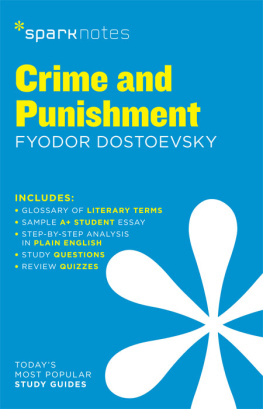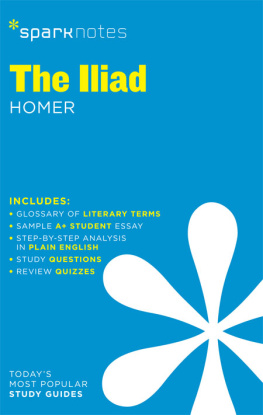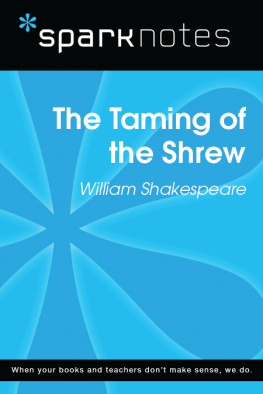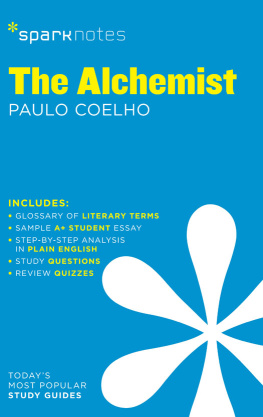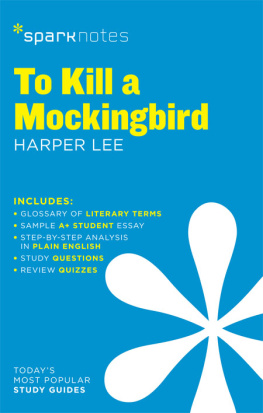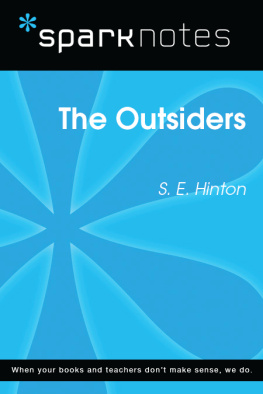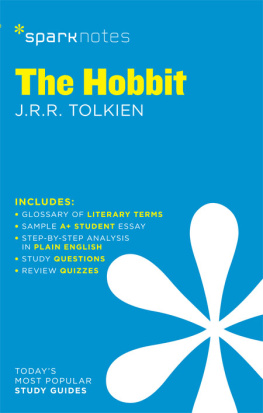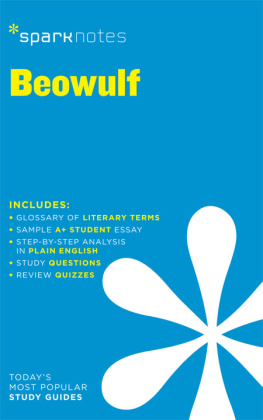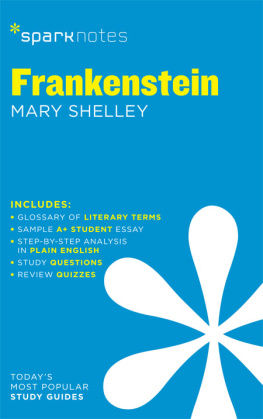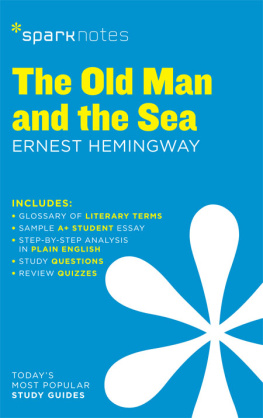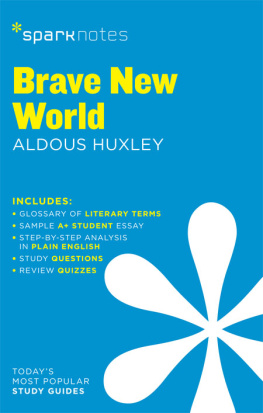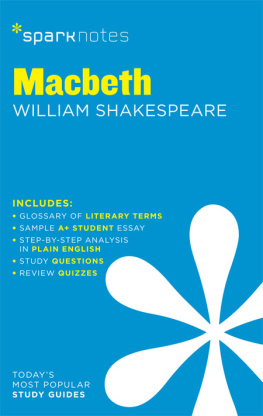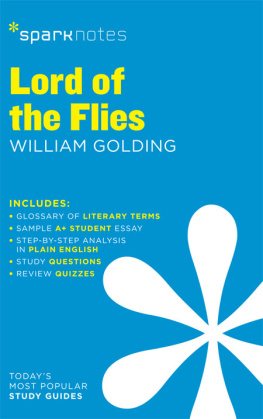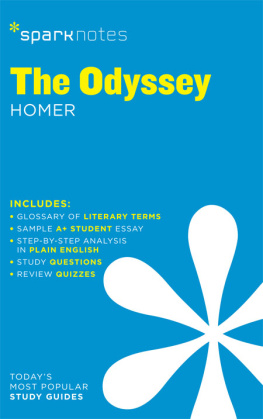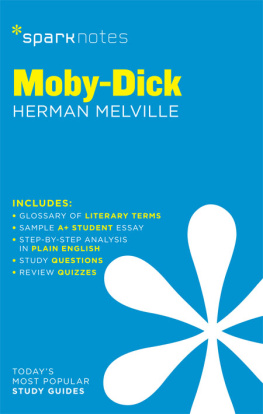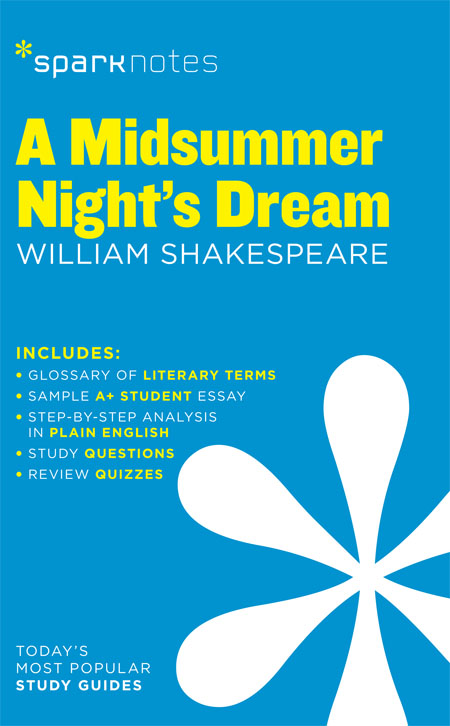A Midsummer Nights Dream
William Shakespeare
2003, 2007 by Spark Publishing
This Spark Publishing edition 2014 by SparkNotes LLC, an Affiliate of Barnes & Noble
All rights reserved. No part of this publication may be reproduced, stored in a retrieval system, or transmitted in any form or by any means (including electronic, mechanical, photocopying, recording, or otherwise) without prior written permission from the publisher.
Sparknotes is a registered trademark of SparkNotes LLC
Spark Publishing
A Division of Barnes & Noble
120 Fifth Avenue
New York, NY 10011
www.sparknotes.com /
ISBN-13: 978-1-4114-7175-7
Please submit changes or report errors to www.sparknotes.com/errors.
10 9 8 7 6 5 4 3 2 1
Context
T he most influential writer in all of English literature, William Shakespeare was born in 1564 to a successful middle-class glove-maker in Stratford-upon-Avon, England. Shakespeare attended grammar school, but his formal education proceeded no further. In 1582 he married an older woman, Anne Hathaway, and had three children with her. Around 1590 he left his family behind and traveled to London to work as an actor and playwright. Public and critical success quickly followed, and Shakespeare eventually became the most popular playwright in England and part-owner of the Globe Theater. His career bridged the reigns of Elizabeth I (ruled 1558 1603 ) and James I (ruled 1603 1625 ), and he was a favorite of both monarchs. Indeed, James granted Shakespeares company the greatest possible compliment by bestowing upon its members the title of Kings Men. Wealthy and renowned, Shakespeare retired to Stratford and died in 1616 at the age of fifty-two. At the time of Shakespeares death, literary luminaries such as Ben Jonson hailed his works as timeless.
Shakespeares works were collected and printed in various editions in the century following his death, and by the early eighteenth century his reputation as the greatest poet ever to write in English was well established. The unprecedented admiration garnered by his works led to a fierce curiosity about Shakespeares life, but the dearth of biographical information has left many details of Shakespeares personal history shrouded in mystery. Some people have concluded from this fact that Shakespeares plays were really written by someone elseFrancis Bacon and the Earl of Oxford are the two most popular candidatesbut the support for this claim is overwhelmingly circumstantial, and the theory is not taken seriously by many scholars.
In the absence of credible evidence to the contrary, Shakespeare must be viewed as the author of the thirty-seven plays and sonnets that bear his name. The legacy of this body of work is immense. A number of Shakespeares plays seem to have transcended even the category of brilliance, becoming so influential as to profoundly affect the course of Western literature and culture ever after.
Written in the mid- 1590 s, probably shortly before Shakespeare turned to Romeo and Juliet,A Midsummer Nights Dream is one of his strangest and most delightful creations, and it marks a departure from his earlier works and from others of the English Renaissance. The play demonstrates both the extent of Shakespeares learning and the expansiveness of his imagination. The range of references in the play is among its most extraordinary attributes: Shakespeare draws on sources as various as Greek mythology (Theseus, for instance, is loosely based on the Greek hero of the same name, and the play is peppered with references to Greek gods and goddesses); English country fairy lore (the character of Puck, or Robin Goodfellow, was a popular figure in sixteenth-century stories); and the theatrical practices of Shakespeares London (the craftsmens play refers to and parodies many conventions of English Renaissance theater, such as men playing the roles of women). Further, many of the characters are drawn from diverse texts: Titania comes from Ovids Metamorphoses, and Oberon may have been taken from the medieval romance Huan of Bordeaux, translated by Lord Berners in the mid- 1530 s. Unlike the plots of many of Shakespeares plays, however, the story in A Midsummer Nights Dream seems not to have been drawn from any particular source but rather to be the original product of the playwrights imagination.
Plot Overview
T heseus, duke of Athens, is preparing for his marriage to Hippolyta, queen of the Amazons, with a four-day festival of pomp and entertainment. He commissions his Master of the Revels, Philostrate, to find suitable amusements for the occasion. Egeus, an Athenian nobleman, marches into Theseuss court with his daughter, Hermia, and two young men, Demetrius and Lysander. Egeus wishes Hermia to marry Demetrius (who loves Hermia), but Hermia is in love with Lysander and refuses to comply. Egeus asks for the full penalty of law to fall on Hermias head if she flouts her fathers will. Theseus gives Hermia until his wedding to consider her options, warning her that disobeying her fathers wishes could result in her being sent to a convent or even executed. Nonetheless, Hermia and Lysander plan to escape Athens the following night and marry in the house of Lysanders aunt, some seven leagues distant from the city. They make their intentions known to Hermias friend Helena, who was once engaged to Demetrius and still loves him even though he jilted her after meeting Hermia. Hoping to regain his love, Helena tells Demetrius of the elopement that Hermia and Lysander have planned. At the appointed time, Demetrius stalks into the woods after his intended bride and her lover; Helena follows behind him.
In these same woods are two very different groups of characters. The first is a band of fairies, including Oberon, the fairy king, and Titania, his queen, who has recently returned from India to bless the marriage of Theseus and Hippolyta. The second is a band of Athenian craftsmen rehearsing a play that they hope to perform for the duke and his bride. Oberon and Titania are at odds over a young Indian prince given to Titania by the princes mother; the boy is so beautiful that Oberon wishes to make him a knight, but Titania refuses. Seeking revenge, Oberon sends his merry servant, Puck, to acquire a magical flower, the juice of which can be spread over a sleeping persons eyelids to make that person fall in love with the first thing he or she sees upon waking. Puck obtains the flower, and Oberon tells him of his plan to spread its juice on the sleeping Titanias eyelids. Having seen Demetrius act cruelly toward Helena, he orders Puck to spread some of the juice on the eyelids of the young Athenian man. Puck encounters Lysander and Hermia; thinking that Lysander is the Athenian of whom Oberon spoke, Puck afflicts him with the love potion. Lysander happens to see Helena upon awaking and falls deeply in love with her, abandoning Hermia. As the night progresses and Puck attempts to undo his mistake, both Lysander and Demetrius end up in love with Helena, who believes that they are mocking her. Hermia becomes so jealous that she tries to challenge Helena to a fight. Demetrius and Lysander nearly do fight over Helenas love, but Puck confuses them by mimicking their voices, leading them apart until they are lost separately in the forest.
When Titania wakes, the first creature she sees is Bottom, the most ridiculous of the Athenian craftsmen, whose head Puck has mockingly transformed into that of an ass. Titania passes a ludicrous interlude doting on the ass-headed weaver. Eventually, Oberon obtains the Indian boy, Puck spreads the love potion on Lysanders eyelids, and by morning all is well. Theseus and Hippolyta discover the sleeping lovers in the forest and take them back to Athens to be marriedDemetrius now loves Helena, and Lysander now loves Hermia. After the group wedding, the lovers watch Bottom and his fellow craftsmen perform their play, a fumbling, hilarious version of the story of Pyramus and Thisbe. When the play is completed, the lovers go to bed; the fairies briefly emerge to bless the sleeping couples with a protective charm and then disappear. Only Puck remains, to ask the audience for its forgiveness and approval and to urge it to remember the play as though it had all been a dream.

